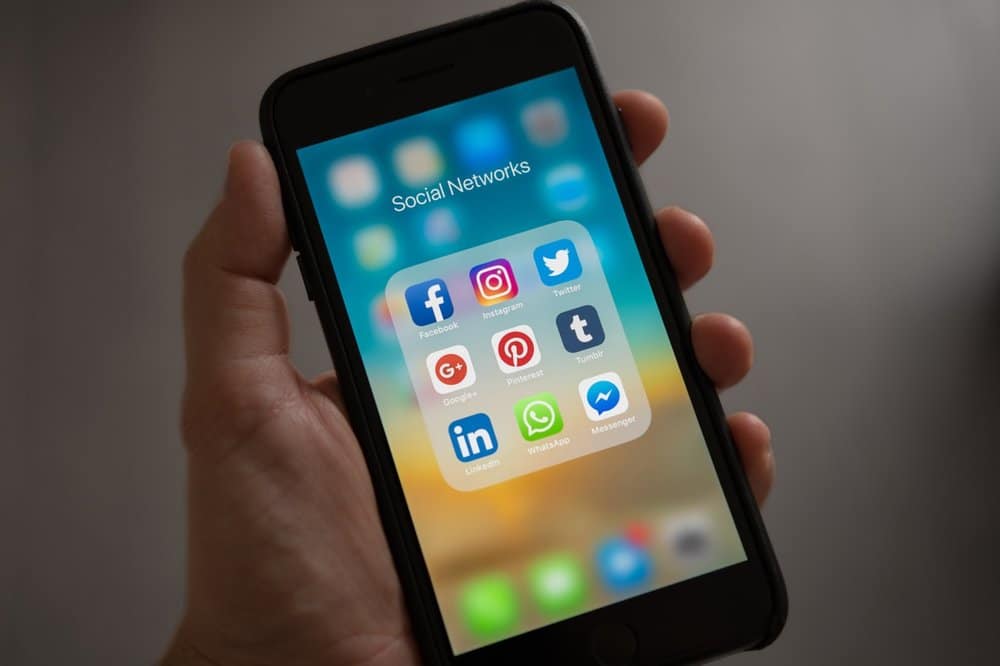In the age of perpetual screen time, the digital allure of social media can feel downright irresistible.
“Screen time is a powerful drug,” says Suzy Reading, a qualified psychologist from ThinkWell LiveWell.
“Even having your phone in your line of vision activates your brain.” Her advice? Make sure there are times when your phone is out of sight, particularly in the bedroom.
It turns out that just seeing your device can speed up your brain, making it tougher to delay gratification and fueling unhealthy comparisons. In other words, social media can make us feel like we’re just not measuring up.
Fear of missing out (FOMO) is a real thing. Screen time often robs us of the chance to be bored—a state that, while undervalued, is essential for creativity.
It can also interfere with our ability to switch off at night and achieve deep, restorative sleep. Yet, as Reading points out, social media also has its merits.
It helps us stay connected in an increasingly fragmented world, provides access to a wealth of uplifting content, and even fuels successful careers.
Top Tips for Switching Off
First things first: Put your phone down. A study has shown that one in five Brits check their emails before going to bed.
For many, it’s social media that keeps us scrolling until midnight. It might sound simple, but setting a bedtime is a crucial step to ensuring your mind can unwind and you get a good night’s sleep.
Dr. Marilyn Glenville, author of The Natural Health Bible For Women, warns of a vicious cycle: “Stress and lack of sleep can become a vicious cycle because the less sleep you have, the less able you are to cope physically and emotionally with the demand of everyday life. The more stressed you feel, the harder it is to get a good night’s sleep.”
For those who find it difficult to switch off, adding a magnesium supplement to your nightly routine might help.
“Magnesium is known as ‘nature’s tranquillizer’ and is needed to relax our muscles and nerves,” explains Cassandra Barns, a Nutritionist and Fitness Instructor. She recommends KalmAssure Magnesium capsules by Natures Plus.
Try a Natural Remedy: Lemon Balm
If supplements aren’t your thing, consider lemon balm—a member of the mint family with a delightful lemony aroma.
“It has traditionally been used to improve cognition as well as reduce stress and anxiety,” shares Lily Soutter, one of London’s leading nutritionists.
Studies suggest that lemon balm can help induce calmness, which might be beneficial for those grappling with anxiety.
So, if you’re feeling glued to your phone, perhaps it’s time to invest in some lemon balm and pick up a new hobby, like reading.
The Rise of Anxiety and Social Media
Social media often makes us feel inadequate, unattractive, envious, and even jealous. As Corinne Sweet, a Psychotherapist and Psychologist, notes, “It is possible to hide behind a screen and still be very lonely and isolated.”
Many of us strive for a kind of perfection on social media—a goal that is not just unrealistic but also unattainable.
“Perfection is an impossible goal,” Sweet emphasises, “and striving for it becomes unhealthy when it becomes obsessional.”
It’s a slippery slope: more than half of people (57%) think social media creates an “overwhelming pressure” to succeed.
If you find social media making you anxious, the Postcard to Anxiety module on ThinkWell LiveWell might help change your response to anxiety triggers, like those found online.
Remember, while it’s impossible to live a life free from anxiety, we can control how we respond to everyday challenges and pressures—including those from the digital world.
In conclusion, while social media can be a wonderful tool for staying connected, it’s essential to use it mindfully.
With a few small adjustments—like setting a digital bedtime, incorporating calming supplements, and exploring natural remedies like lemon balm—you can balance screen time with real-life wellbeing.
So, next time you feel the pull of the screen, try to resist. Your sleep, creativity, and mental health will thank you.





